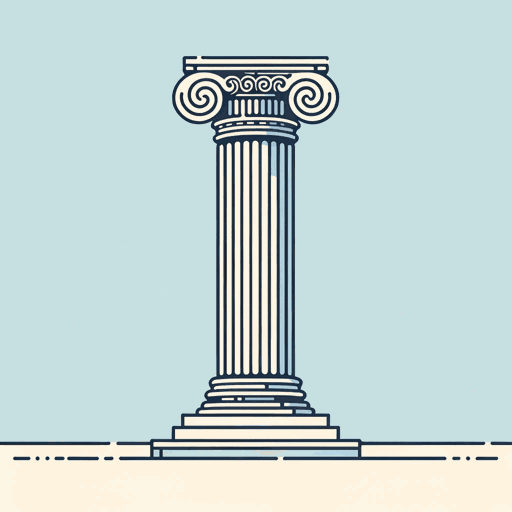29 pages • 58 minutes read
Bertrand RussellWhy I Am Not a Christian
Nonfiction | Essay / Speech | Adult | Published in 1927A modern alternative to SparkNotes and CliffsNotes, SuperSummary offers high-quality Study Guides with detailed chapter summaries and analysis of major themes, characters, and more.
Key Figures
Bertrand Russell
A famous 20th-century philosopher and mathematician, Bertrand Russell received the Nobel Prize in Literature in 1950 for his writings, including “Why I Am Not a Christian.” Russell was born to wealthy, titled parents on May 18, 1872. His parents, the Viscount and Viscountess of Amberley, who died by the time he was four, held liberal, progressive views that were radical for the era, including the wish that their children be raised agnostic. His “secular” godfather was John Stuart Mill, a famous philosopher whose works on social and political theory had a significant impact on Russell’s education and were foundational in his early career.
In 1893, Russell finished his studies in mathematics, logicism, and philosophy at Trinity College Cambridge. He continued working in academia, teaching at the London School of Economics and studying the foundations of mathematics at Trinity College. In 1916, as lecturer at the University of Cambridge, he was considered for a fellowship, a position that would have protected him from being fired for his pacifistic and secular opinions, but was nevertheless skipped over because of them. In 1918, he was arrested and imprisoned for six months for lecturing against the US entering the World War I. Throughout Russell’s career in philosophy, mathematics, and logic, he experienced moments of great renown, including his Nobel Prize and appearances on BBC television, as well as controversy because his progressive ideals challenged traditional cultural and political norms.
Related Titles
By Bertrand Russell
Featured Collections
Community
View Collection
Fear
View Collection
Good & Evil
View Collection
Nobel Laureates in Literature
View Collection
Philosophy, Logic, & Ethics
View Collection
Religion & Spirituality
View Collection
Science & Nature
View Collection
The Future
View Collection
The Past
View Collection



